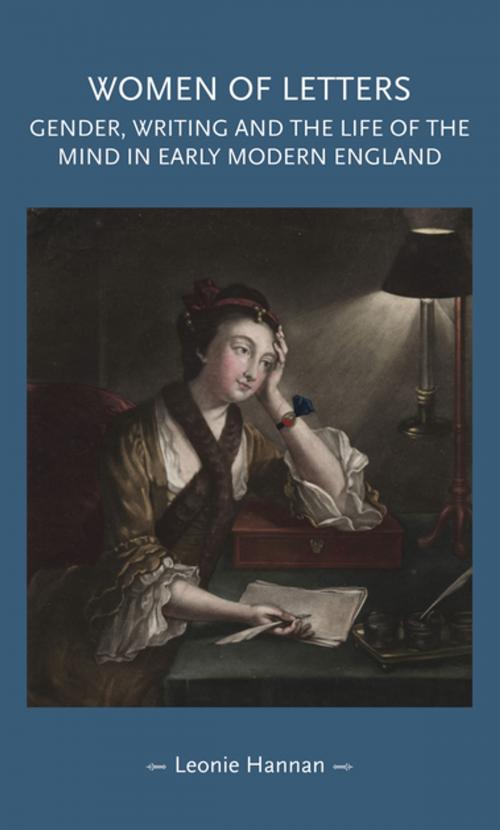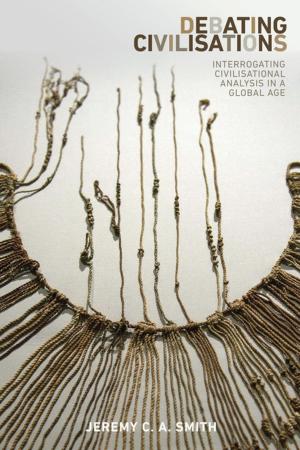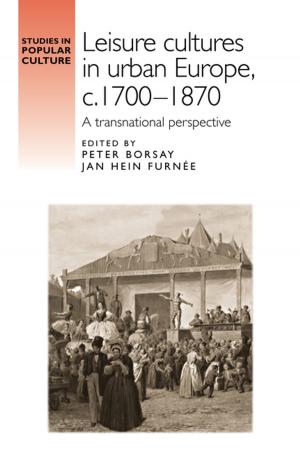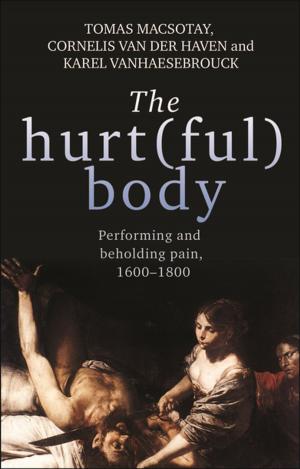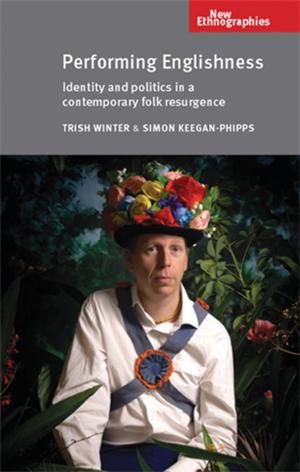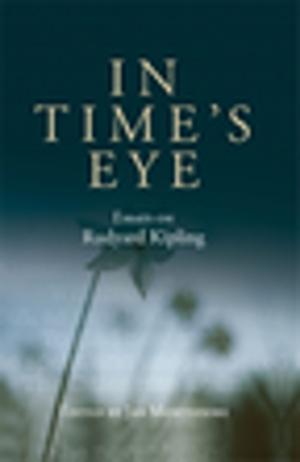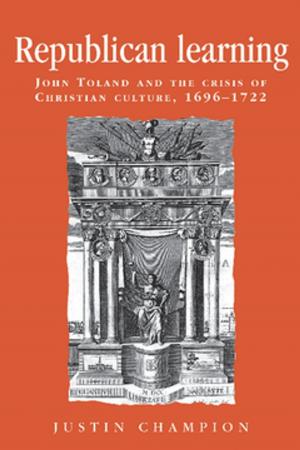Women of letters
Gender, writing and the life of the mind in early modern England
Nonfiction, History, Renaissance, British| Author: | Leonie Hannan | ISBN: | 9781784998134 |
| Publisher: | Manchester University Press | Publication: | June 1, 2016 |
| Imprint: | Manchester University Press | Language: | English |
| Author: | Leonie Hannan |
| ISBN: | 9781784998134 |
| Publisher: | Manchester University Press |
| Publication: | June 1, 2016 |
| Imprint: | Manchester University Press |
| Language: | English |
Women of letters writes a new history of English women's intellectual worlds using their private letters as evidence of hidden networks of creative exchange. The book argues that many women of this period engaged with a life of the mind and demonstrates the dynamic role letter-writing played in the development of ideas. Until now, it has been assumed that women's intellectual opportunities were curtailed by their confinement in the home. This book illuminates the household as a vibrant site of intellectual thought and expression. Amidst the catalogue of day-to-day news in women's letters are sections dedicated to the discussion of books, plays and ideas. Through these personal epistles, Women of letters offers a fresh interpretation of intellectual life in the late seventeenth and early eighteenth centuries, one that champions the ephemeral and the fleeting in order to rediscover women's lives and minds.
Women of letters writes a new history of English women's intellectual worlds using their private letters as evidence of hidden networks of creative exchange. The book argues that many women of this period engaged with a life of the mind and demonstrates the dynamic role letter-writing played in the development of ideas. Until now, it has been assumed that women's intellectual opportunities were curtailed by their confinement in the home. This book illuminates the household as a vibrant site of intellectual thought and expression. Amidst the catalogue of day-to-day news in women's letters are sections dedicated to the discussion of books, plays and ideas. Through these personal epistles, Women of letters offers a fresh interpretation of intellectual life in the late seventeenth and early eighteenth centuries, one that champions the ephemeral and the fleeting in order to rediscover women's lives and minds.
